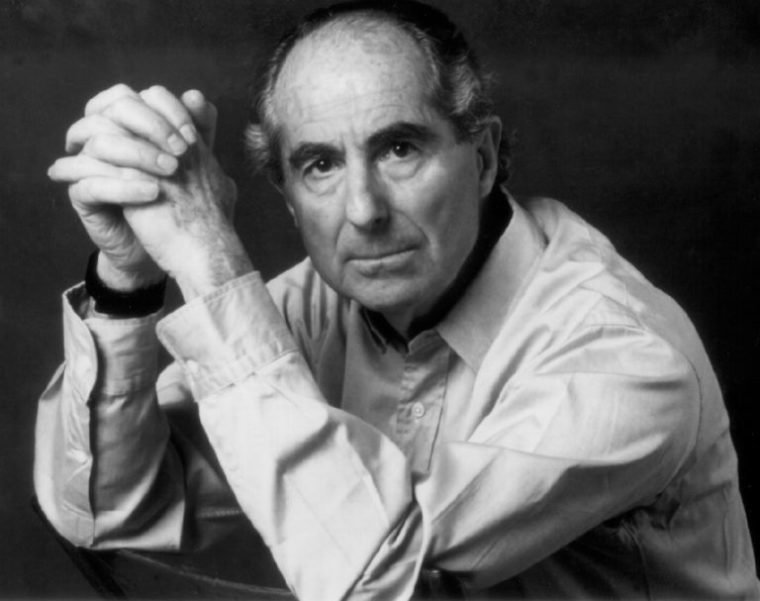Philip Roth, who died May 22, was among the most influential American writers of the 20th and 21st centuries. He also was a playful yet unsparing and often provocative critic of American culture, said Matthew Shipe, lecturer in English in Arts & Sciences at Washington University in St. Louis.
“From his debut collection ‘Goodbye, Columbus’ (1959) to his final novel ‘Nemesis’ (2010), Roth chronicled, in frequently ruthless and hilarious fashion, five decades of American life,” said Shipe, who also serves as president of the Philip Roth Society. “Perhaps more than any of his American contemporaries — John Updike, Toni Morrison, Thomas Pynchon, Joan Didion to name but a few — Roth captured the absurdities and the anxieties of our existence.
“Although Roth perhaps remains most famous (or infamous) for his 1969 novel ‘Portnoy’s Complaint,’ it is his later work that, for me, remains his most rewarding,” Shipe said. “Beginning with his 1995 novel ‘Sabbath’s Theater’ and continuing in subsequent books like ‘American Pastoral’ and ‘The Plot Against America,’ Roth turned to our recent past to interrogate the meaning of the changes that had transformed American culture during his lifetime.”
See also:
- “Roth at Century’s End: The Problem of Progress in The Dying Animal,” from “The Political Companion to Philip Roth” (2017).
- “Twilight of the Superheroes: Philip Roth, Celebrity, and the End of Print Culture,” from “Roth and Celebrity” (2013).
- “Exit Ghost and the Politics of Late Style” (2009), from the journal Philip Roth Studies.
